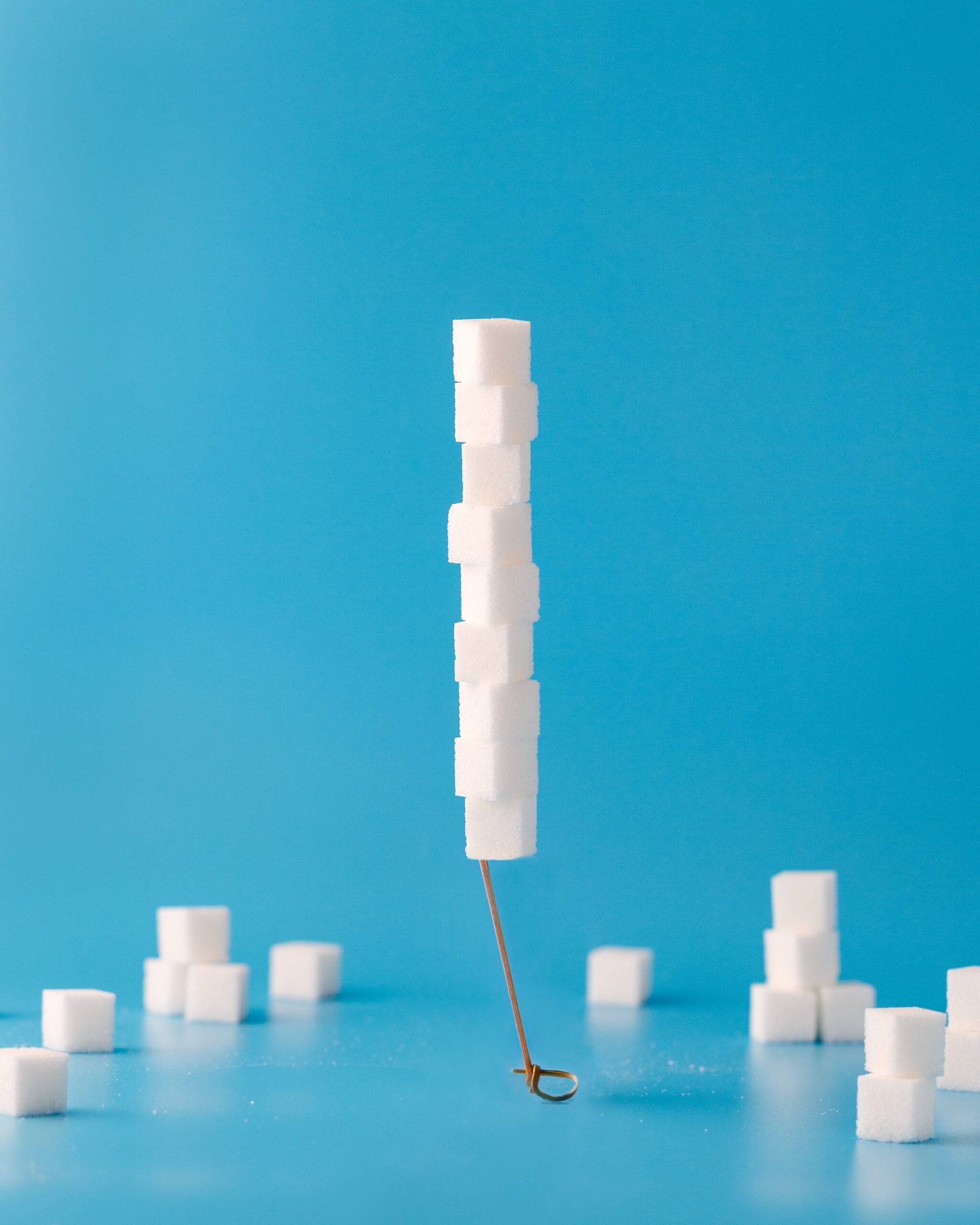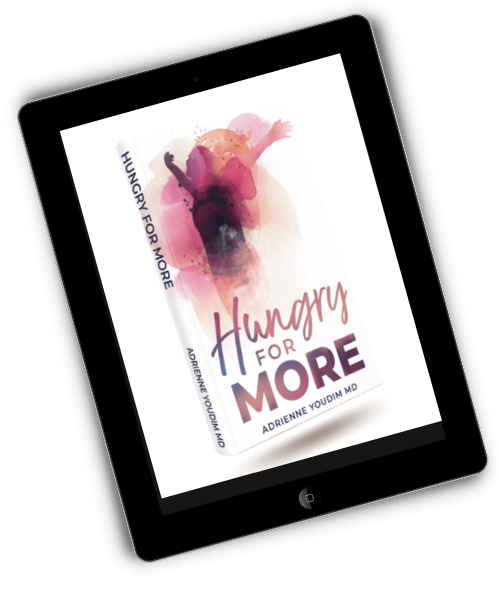Holy cow, it is almost April! Here we are, once again at the end of the month, with a wrap up of some of the health nuggets in the news. First up..sweeteners and cardiovascular health.
“Natural” sweeteners are widely used in our food chain but are there risks? They are natural after all so how bad could they be?
A recent study looked at a naturally occurring sugar-alcohol called erythritol and its effect on cardiovascular outcomes. Americans typically consume levels of up to 30 grams per day, 1000x what is found in nature. The results were surprising! The normal “American consumption” was associated with a higher risk of major “adverse cardiac events” including heart attack, stroke and death over the 3 years participants were studied.
Bottom line? Even healthy snacks, even naturally occurring substances when used in ways that nature did not intend them to be used will have downsides.
So what do we do with this information?
Basically, science is telling us what we already know, eat more from the earth and less from the pantry. So use this info to do better. No need to freak out. No need to vow to never consume artificial sweeteners again. Just be more mindful and do better.
So now let’s move on to some good news!
As I have mentioned in prior podcasts, the Mediterranean diet has been shown to have tremendous health benefits: cardiovascular, cognition, mood, cancer prevention and on and on and on…
Many of these studies have been done in men until now! A new meta-analysis that evaluated nearly 720,000 woman showed that those who follow the Mediterranean diet had a 24 percent lower risk of cardiovascular disease, a 23 percent lower risk of cardiac mortality. Roll it back, ladies, nearly 25% reduction in heart disease and heart related deaths! Now be honest, if I had a vitamin that promised this benefit, wouldn’t you all wanna buy it?
Remember that the medi diet includes an abundance of unprocessed plant based foods, whole grains, vegetables, fruits, nuts, beans, and legumes, and is low in red meat, processed meat and dairy.
Finally, when should we buy organic? Sometimes I am at a loss. And lets face it, it is pricey these days! Last week I spent $9.30 on grapes, regular non-organic grapes…
This month the Environmental Working Group released its annual Dirty Dozen list, which ranks non-organic produce with the highest pesticide levels. At the top of the list, blueberries, which after washing and scrubbing were still found to have 50 different pesticides. 50! Also on the list:  strawberries, spinach, kale, collard and mustard greens, peaches, pears, nectarines, apples, grapes, and peppers. Their recommendations? If you plan to opt for organic, consider doing so with these items. The group also publishes the Clean 15, a list of conventional produce that is safe to buy non-organic. You can hear the full list here.
strawberries, spinach, kale, collard and mustard greens, peaches, pears, nectarines, apples, grapes, and peppers. Their recommendations? If you plan to opt for organic, consider doing so with these items. The group also publishes the Clean 15, a list of conventional produce that is safe to buy non-organic. You can hear the full list here.
If this information stresses you out, you are not alone. I myself am thinking about the non-organic blueberries that are presently sitting in my refrigerator, (not to mention those grapes !) The good news is that our bodies really are resilient and we don’t have to be perfect in order to be effective. Use this information as guidance and as always just do your best.
!) The good news is that our bodies really are resilient and we don’t have to be perfect in order to be effective. Use this information as guidance and as always just do your best.
Do your best to eat well, do your best to move your body, do your best to get good sleep, do your best to manage a healthy weight, do your best to have compassion for yourself when you are not doing your best, then, surrender to the fact that you are a mere mortal just doing your best.
You can listen to the entire episode here.
Wishing you a happy and healthy week!
Xx
Dr. Adrienne


